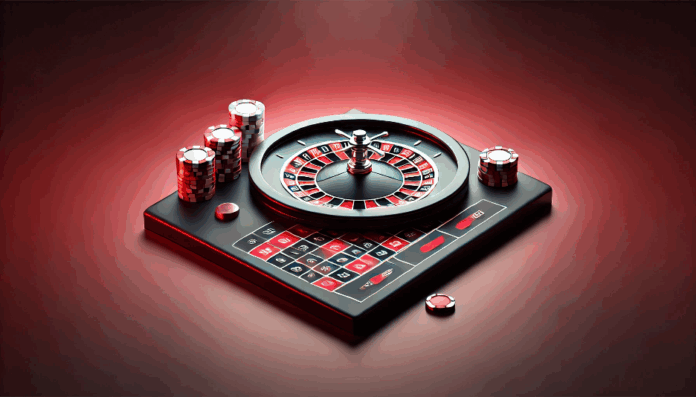A new era of safety in casinos
Casinos, both physical venues and online platforms, are built on trust. For players to enjoy themselves, they must feel confident that their information, funds, and overall experience are secure. For operators, ensuring safety is not only about compliance but also about reputation and sustainability. In the United Kingdom, where gambling is a significant part of the leisure industry, security innovations are becoming more sophisticated than ever.
Industry observers, including Focus Gaming News, have highlighted that technological advances in surveillance, data protection, and player monitoring are reshaping the way casinos operate. These innovations are aimed at protecting both players and operators from emerging risks.
Biometric identification and access control
One of the most notable advances is the adoption of biometric technology. Casinos are introducing fingerprint and facial recognition systems to ensure that only authorised individuals access gaming floors or online accounts. This technology helps prevent identity fraud, underage gambling, and self-excluded players from breaching restrictions.
For land-based casinos in the UK, such systems are also used to enhance the customer experience, linking loyalty programmes seamlessly with secure entry.
Artificial intelligence and monitoring systems
Artificial intelligence (AI) plays a growing role in identifying suspicious behaviour. Algorithms can detect unusual betting patterns, money-laundering attempts, or signs of problem gambling. In online environments, AI helps flag accounts that show risky behaviour, prompting timely interventions.
The UK Gambling Commission has encouraged operators to adopt proactive monitoring tools to ensure players are protected from harm while operators remain compliant with strict regulations.
Cybersecurity and digital transactions
With the rapid growth of online casinos, cybersecurity has become critical. Operators are investing heavily in:
- Encryption protocols to secure financial transactions.
- Two-factor authentication for player accounts.
- Blockchain technology for transparent and tamper-proof records.
These measures are designed to reduce fraud, safeguard deposits and withdrawals, and reassure players who increasingly expect the same level of protection as in online banking.
Geolocation and regulatory compliance
Geolocation technology ensures that players access gambling services only from jurisdictions where play is legal. In the UK, this tool prevents unauthorised international access, maintaining compliance with local laws. It also supports the enforcement of self-exclusion schemes, such as GAMSTOP, by limiting opportunities for vulnerable players to circumvent restrictions.
Staff training and responsible gaming measures
While technology is vital, well-trained staff remain a cornerstone of casino security. Dealers, floor staff, and online customer service teams are trained to recognise signs of fraud, collusion, or compulsive play. Combined with advanced monitoring systems, human oversight provides a crucial layer of protection.
Responsible gambling is central to the UK’s regulatory framework. Casinos are expected to provide clear information about risks, offer self-limiting tools, and intervene when necessary. Focus Gaming News has noted that integrating responsible play with cutting-edge technology is increasingly seen as best practice across Europe.
Looking forward
Security innovations in the UK casino sector are likely to expand further with developments in artificial intelligence, biometric authentication, and blockchain applications. The balance between player freedom and operator responsibility will continue to shape this evolution.
For players, these advances mean safer environments and greater confidence in both digital and physical casinos. For operators, the innovations reduce risk, enhance compliance, and strengthen trust. In an industry where integrity is paramount, these measures ensure that casinos remain not only entertaining but also secure spaces for all involved.



